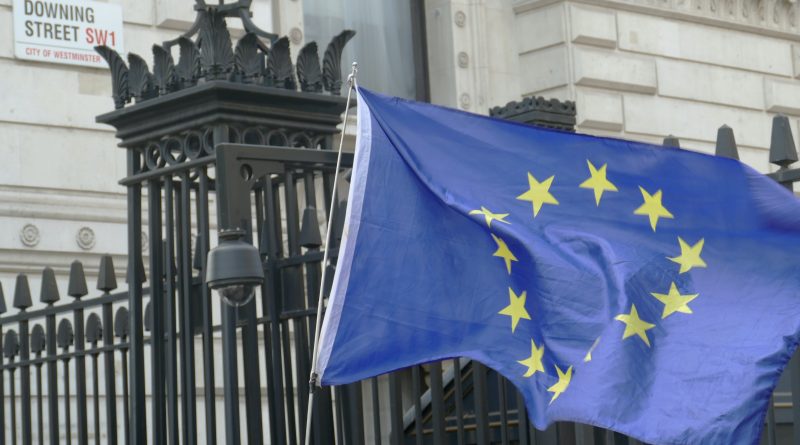Brexit Talks Face New Crisis as British Legislature Threatens International Law
Andrea J. Hebel
Staff Writer
Brexit talks have hit a new crisis in the European Union (EU), with British Prime Minister Boris Johnson vowing to continue with a controversial bill that threatens to undermine Britain’s current exit agreement, and which many say breaks international law. According to CNBC, the proposed Internal Market Bill would give the British government the power to not consult the EU in aid cases regarding trade between Northern Ireland and the rest of the EU. This move counteracts their initial withdraw agreement with the EU, signed in January.
The bill also explicitly states that the powers it outlines should apply even if they are incompatible with international law, states the BBC. The UK’s initial withdraw bill, to which Johnson directly agreed, included language designed to explicitly prevent the creation of a hard border between Northern Ireland and Ireland. The New York Times reports that given its current wording, this new piece of legislation would give Britain the right to implement sensitive elements of this treaty without EU negotiation, as is required by international law.
This plan has been condemned by several international organizations, with The New York Times also reporting that the European Commission, suggested a desire to take legal action against the UK. The plan is also being rejected by parties on both sides of the Irish border, states Aljazeera, with Irish Foreign Minister Simon Coveney speaking out against the move on Twitter. Senior members of Northern Ireland’s two largest Irish national political groups, Sinn Fein and SDLP parties, also shared criticisms.
Chief EU negotiator Michel Barnier told Aljazeera that under the original withdrawal deal, the EU’s single market rules will still apply in Northern Ireland. This will help to avoid the creation of a hard border between Ireland and Northern Ireland. The move was meant to avoid reviving separatist tensions between the two nations, which were eased by the Good Friday Agreement of 1998. The controversy around Johnson’s plan creates a big risk for Britain, according to Bloomberg. If the bill were to pass, it would greatly increase the potential for the country to end its Brexit transition period without a free trade agreement with the EU. The introduction of quotas and tariffs on goods from the nation’s largest trading partner would likely cause worldwide economic shocks.
France24 reports that the EU has warned Britain that any breach of the previously established withdrawal agreement would erode any trust left between the two sides. German Chancellor and EU President Angela Merkel has warned the bloc to prepare for the potential of a collapse in talks multiple times since taking the role on July 1. The United States has also taken a firm stance against the bill. CNBC also reports that U.S. Speaker of the House Nancy Pelosi tweeted that “If the UK violates its international agreements and Brexit undermines the Good Friday accord, there will be absolutely no chance of a U.S.-UK trade agreement passing the Congress.”
Officials worry that the British government’s open admittance to breaking the law could be detrimental to public perceptions of new legislature, especially in the wake of the COVID-19 pandemic. Former Labour leader Ed Miliband, the party’s current shadow business secretary, shared his concerns with Sky News, saying “How can we, on the one hand, be saying you’ve got to obey the law but then the government comes along and says it’s okay for us to break the law because it’s in a specific and limited way.”
Some analysts view the bill as a way for Johnson to increase his leverage with the European Union as Britain’s exit date looms closer. The UK’s transition phase out of the EU will expire on December 31. Others, however, argue that the legislature confirms that members of his government are determined to cut more ties with the bloc, reports The New York Times.


